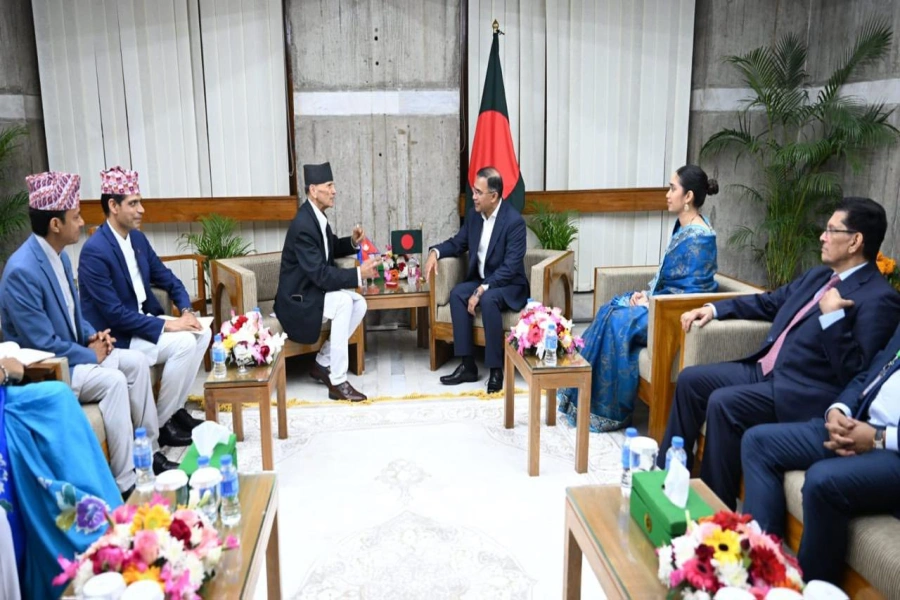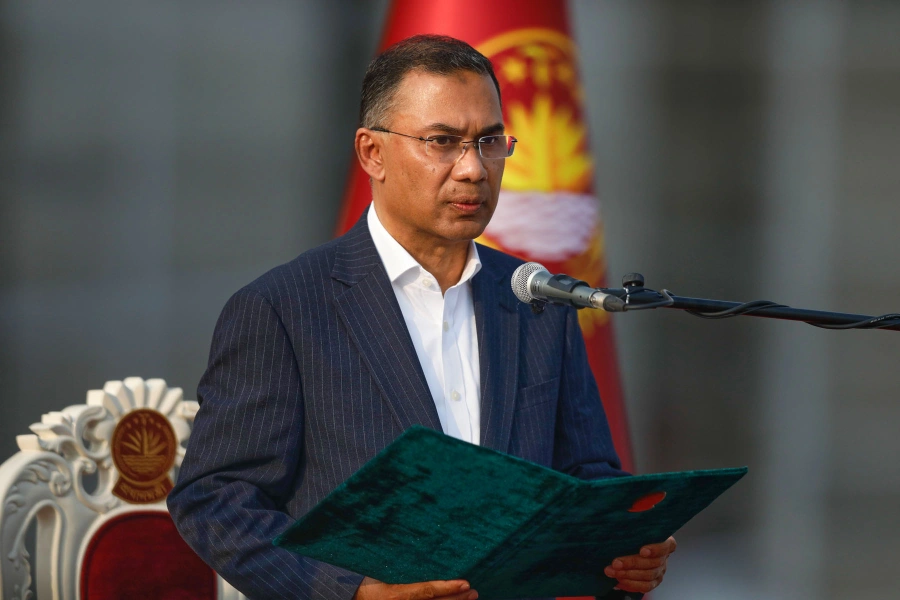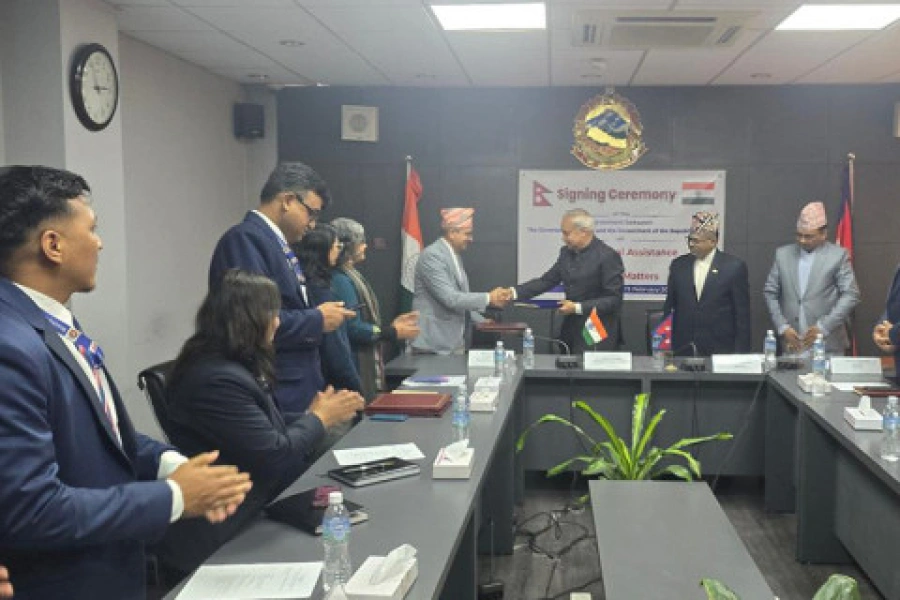KATHMANDU, Aug 5: The Rastriya Awas Company Limited (RACL), owned by the government, is set to build and sell homes to the public. The company plans to start this program immediately in Jhapa and Bardiya districts, with plans to gradually expand to other districts. This is likely the first time the government has undertaken the construction and sale of houses directly.
The RACL plans to launch this program within the current fiscal year. According to General Manager Ram Krishna Niraula, the company has allocated Rs 100 million for this initiative. The company owns its own land and will not need to purchase additional land. “In the first phase, we will construct 10 two-and-a-half-story earthquake-resistant houses on the land we already have,” Niraula said. “We will ensure that all government-specified standards are met before starting the sale of these houses.”
The company owns four bighas of land in the Jor Simla residential area of Mechinagar Municipality in Jhapa and two bighas of land in the Tarataal residential area of Madhuban in Bardiya. The company plans to build and sell houses on these lands.
"This is a pilot program for us. After the program proves successful, we will extend it to other districts in the second phase, building and selling houses there as well," said Niraula. "Additionally, we will build more houses on the land we own in Bardiya and Jhapa."
Israeli defense officials approve plans for 1,000 West Bank set...

Until now, the RACL has not been able to achieve its objectives. A recent board meeting decided to start building and selling houses in Jhapa and Bardiya. According to Niraula, after the program's success in Jhapa and Bardiya, the company plans to purchase land and build houses in the areas surrounding the Kathmandu Valley.
The RACL, established 61 years ago with the objective of planned housing and settlement development, land consolidation projects, and residential planning in urban areas, currently owns 3,496 bighas, 5 kathas, and 8 dhurs of land.
To make effective use of the land it owns across the country, the company has launched various programs for the current fiscal year. Among these, a land pooling program will commence in the Chandragiri Municipality-12, Balambu area within this fiscal year. Under this program, 117 ropanis of land will be consolidated to make it suitable for a settlement. According to the company, this land will remain locally owned, and the consolidation will aim to build an appropriate settlement on local land.
“This will be similar to the Pepsi-Cola Manohara Town Planning,” said Niraula. The company has allocated Rs 250 million for the land pooling program. According to the company, the program will be service-oriented rather than profit-oriented.
The company has so far been generating very little income from its land. Last year, the company earned only Rs 600,000 by leasing its land. Now, the company has developed a plan to earn profit commercially.
RACL employees say that a proper and efficient use of the land the company owns has been hindered due to repeated political interference, inability to utilize land effectively, lack of coordination between provincial and local governments regarding land use, and leadership's indifference to such land use.
The government-owned company owns 3,496 bighas, five kattha and eight dhurs of land in Kanchanpur, Bardiya, Nawalparasi, Jhapa and Kavre districts. It has a lot of land in Punarbas Municipality of Kanchanpur. It is mentioned in the land-ownership certificate that the company owns 133 bighas of land in Punarbas Municipality, but the field book records that the company owns 900 bighas of land.
Similarly, there is land-ownership of seven bighas in Bardiya, 57 bighas in Kavre, and 21 bighas in Nawalparasi. But in Nawalparasi, 1,600 bighas, and in Bardiya, six bighas are recorded in the field book under the company's name.
According to General Manager Niraula, the company has not been able to utilize its land without land-ownership certificates. Some of the company’s land is being used arbitrarily by the local governments. Niraula mentioned that efforts are underway to amend the Fragmented Land Regulations 2075 to resolve legal complexities related to such land.







































